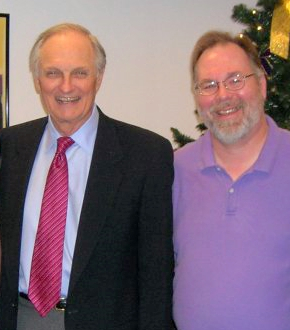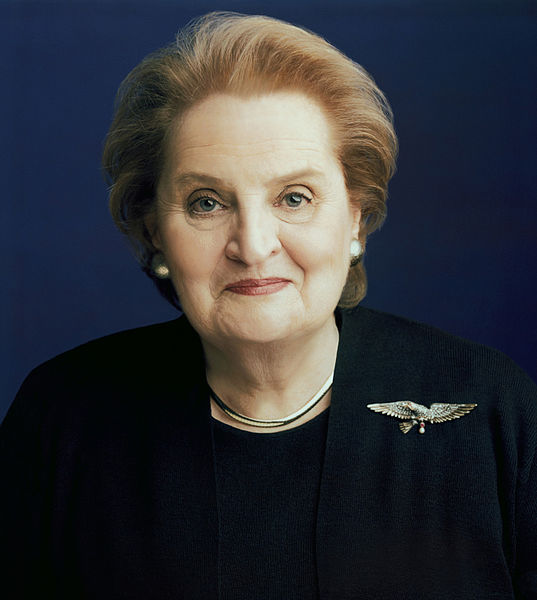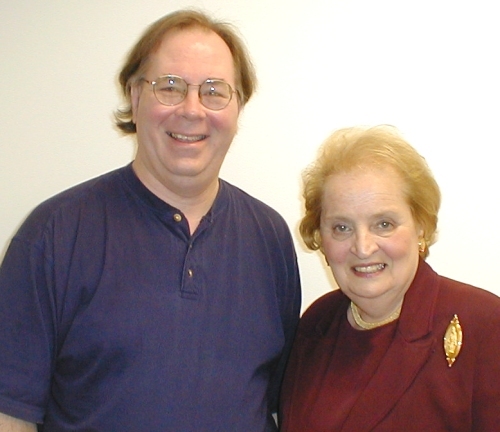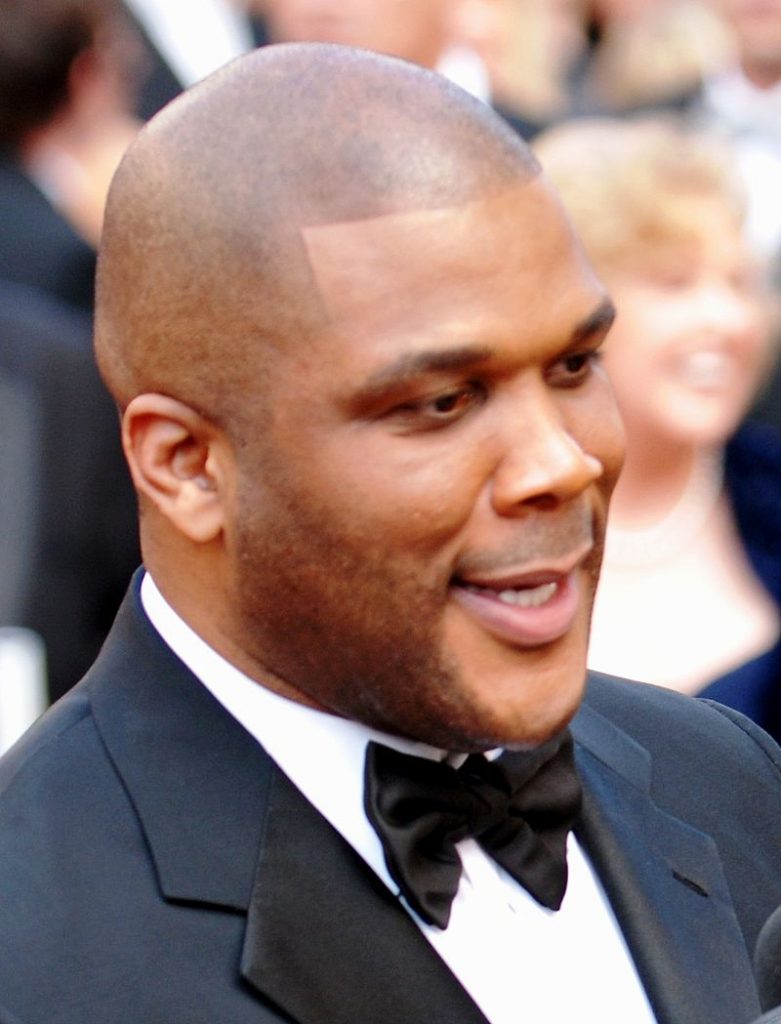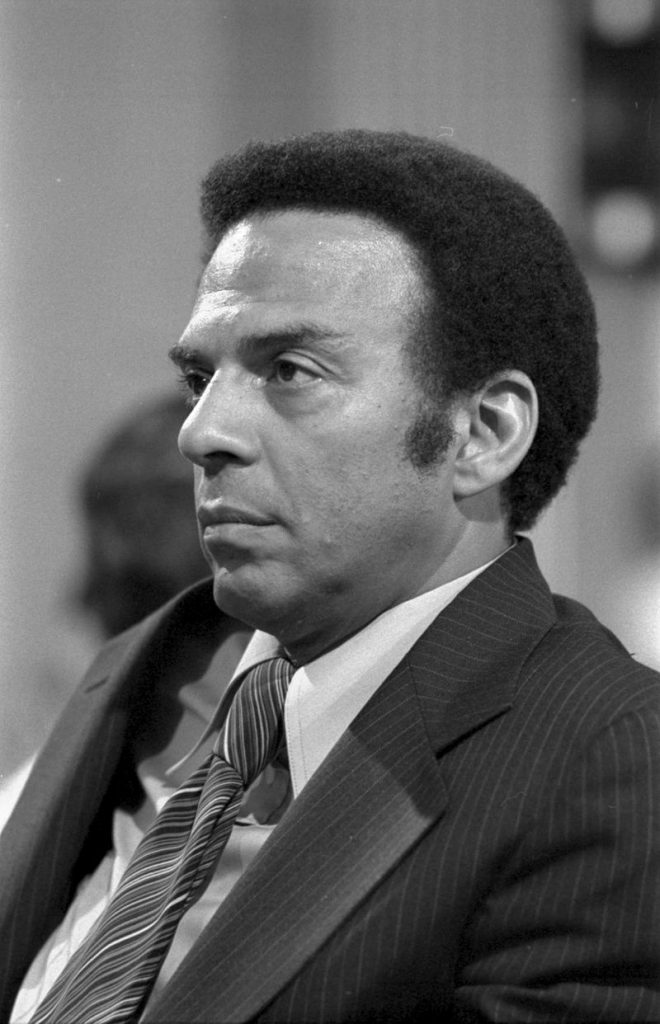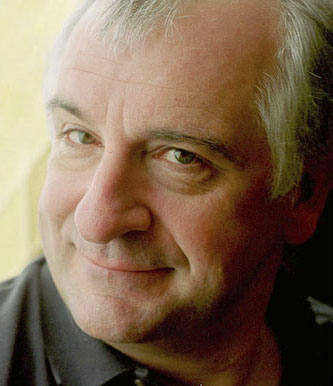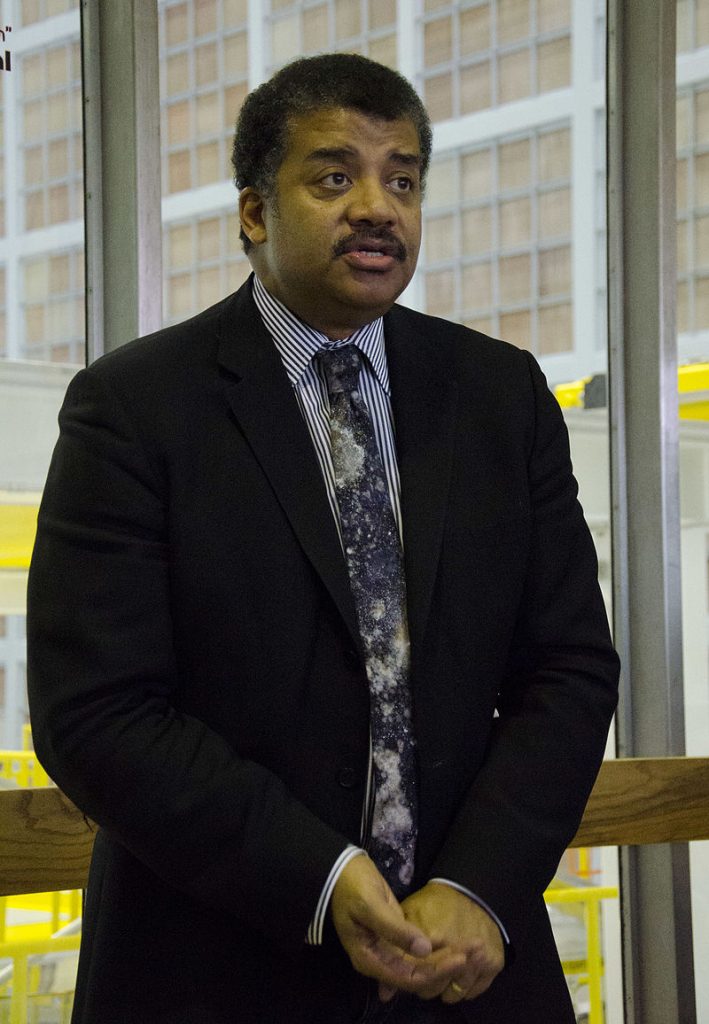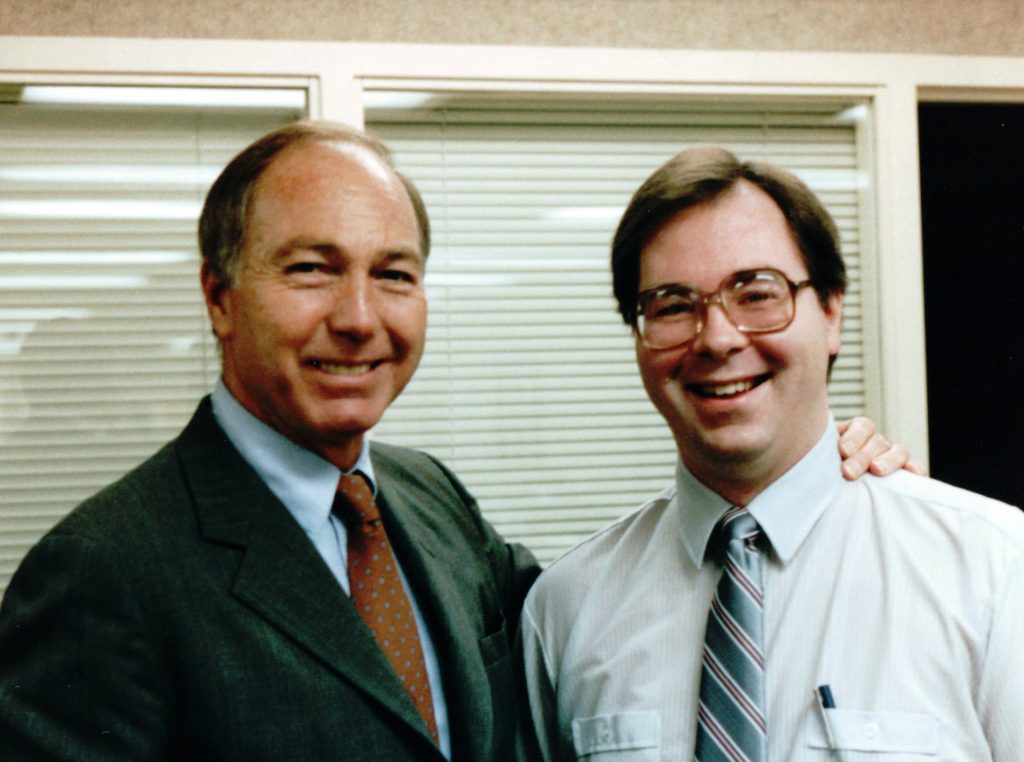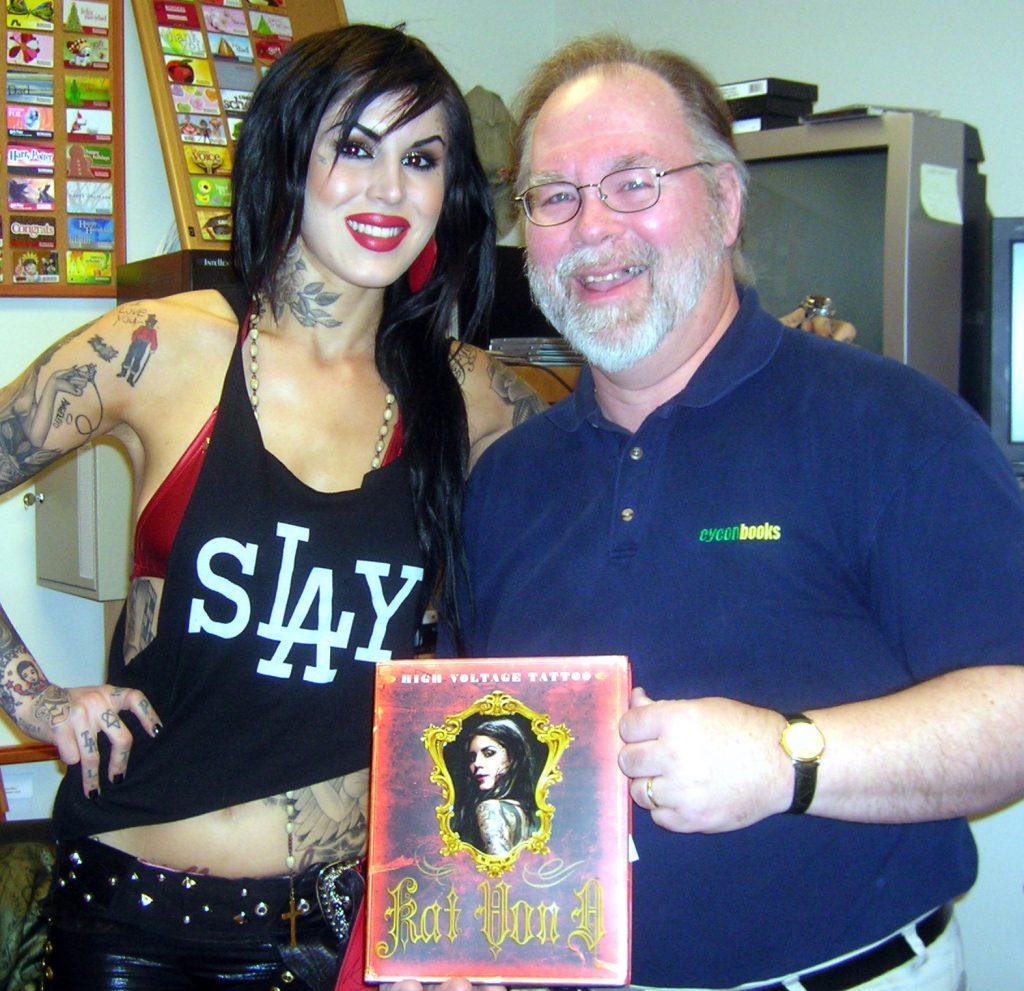When you reach a life milestone, you want to celebrate it with someone who’s important to you.
Brad Meltzer was just 26 when his first published novel, The Tenth Justice, established his reputation as a thriller writer. In the years since then we’ve learned that he can thrill us in many different ways.
This gifted storyteller has become a modern American cultural icon.
I began interviewing authors three years before Brad Meltzer graduated from high school. And a few years ago when I watched the odometer rolling over, pulling me closer to an important milestone — my 10,000th interview — it really didni’t even occur to me to choose nayone else to talk to.
Mention his name, and people’s eyes light up. They know Brad Meltzer for his string of bestseling novels, for his comic books, for his work in television, for his inspiring nonfiction books of heroes. For his friendships with U.S. presidents.
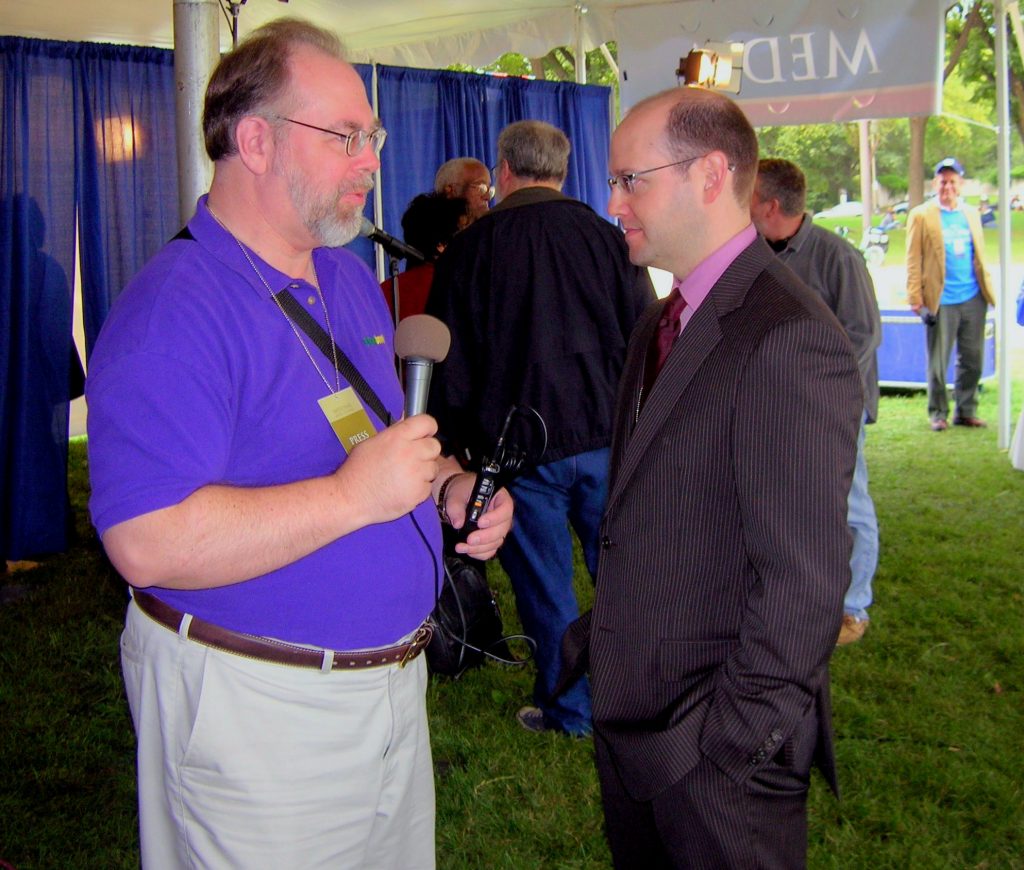
Yet there is no one who is more loyal and generous with his time, none more genuinely interested in his fans and what they’re interested in, no one with greater respect from his peers.
BT: You and I go back a long way, back to your first book.
“We go back so long that I didn’t just have hair back then, I had a lion’s mane. I used to walk around and growl. But yes, you are one of the few people that, every single book I’ve done, we have an interview together.”
BT: How do you think your writing has evolved since then?
“Every author, in our own insecure way, of
“I think it’s the same way with the writing itself. There were just thoughts I would have that I would never put down because I’d be scared to be judged for them. And I realize now, you know what? That’s how life is.
BT: You killed a narrartor once…
“I did! I won’t tell you which book because it would ruin it, but yeah, I one time wanted to see, could I kill the narrator of my book? And I remember the editor at one point saying, you can’t do that, and I was like, says who? And I thought, can I pull this off? I’d never seen it done before. And it is still one of the books that I get the most compliments
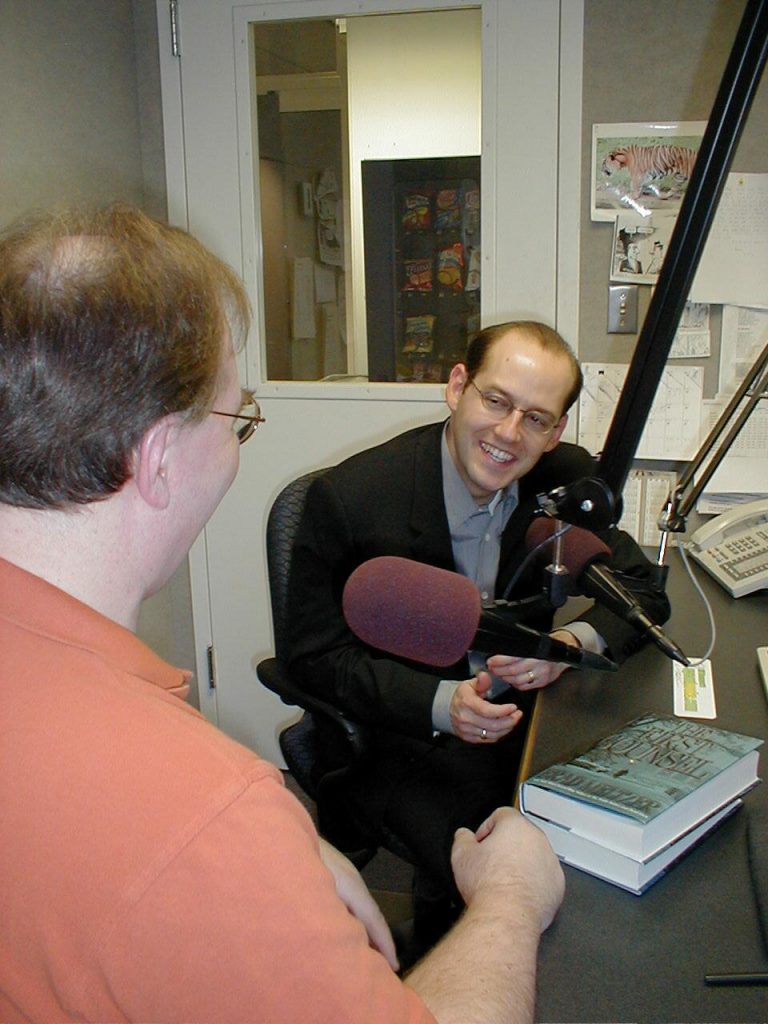
BT: You know, I love what I do, being on the radio and being on the web. But every day I think to myself, wouldn’t my dad love to hear me now? But he’s gone. Did the loss of your father affect the way you write?
“You know, I could say I don’t think so, but I know it did. I couldn’t even tell you how, but It changed me as a person, and when it changes yourself as a person, it changes the way you write.
“And, of course, there’s so many things that happen where I wish I could tell my dad, and I think that, you know, when you’re younger, when you think about Batman losing his parents, it’s like, wow that seems sad. Or when Harry Potter loses his parents, that seems sad. But when you lose your own parents, boy does that hit you in a different way,.
BT: is there anything I’ve never asked you that you wish I had asked you?
“No, but here’s what I do want to ask you. In honor of our ten thousandth interview, I’m going to do the one thing that needs to be done, which is, I need to interview you now.
“Tell me .. you’ve interviewed everybody, at this point, right? I remember when I started, you were like ‘the’ person to go to, it was like coming to see the king. So you’ve interviewed everybody, then you got stuck with me. I want to know, who are the two or three people that just blew you away, that you’re like, okay, now this is the king?”
BT: A lot pf people grin when I say this: David Cassidy from ‘The Partridge Family.’; He gave me such a thoughtful interview, very introspective, very honest about what his life had been like with his father, very troubled, his fame — it was fascinating to listen to.
“What’ the greatest — and it may be something you stole, begged, borrowed, or someone just gave you — that you got as a souvenir? You know, did someone give you their monocle pr something like….”
BT: I have a Styrofoam cup locked away in a cabinet — it’s fading a little bit now, but I have Ann-Margret’s lip prints.
“Ann-Margret’s lip prints! I love it! I mean, it’s perfect. right on a Styrofoam cup.”
That interview with Brad Meltzer took place in 2013, and he has done nothing but add to his already world-class body of work since then.
And who knows? Maybe someday I’ll interview him for number twenty thousand.
